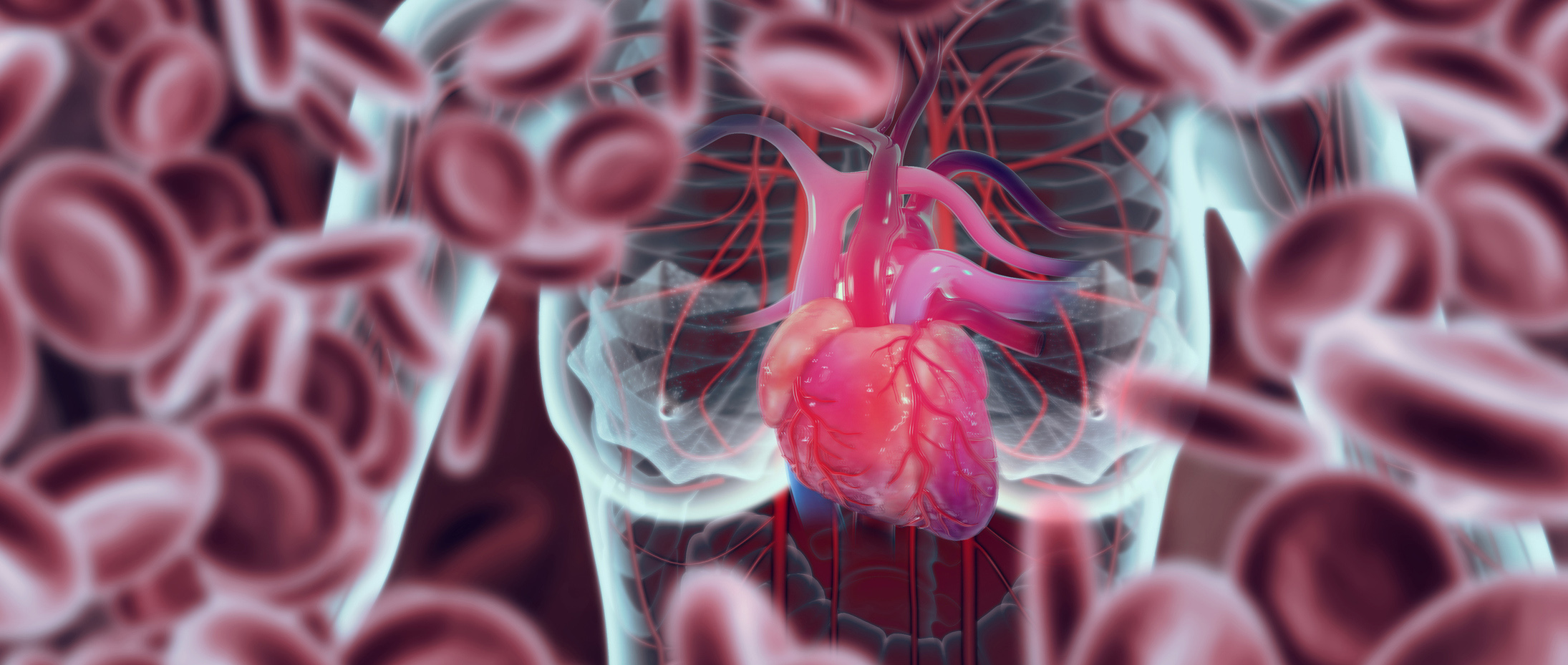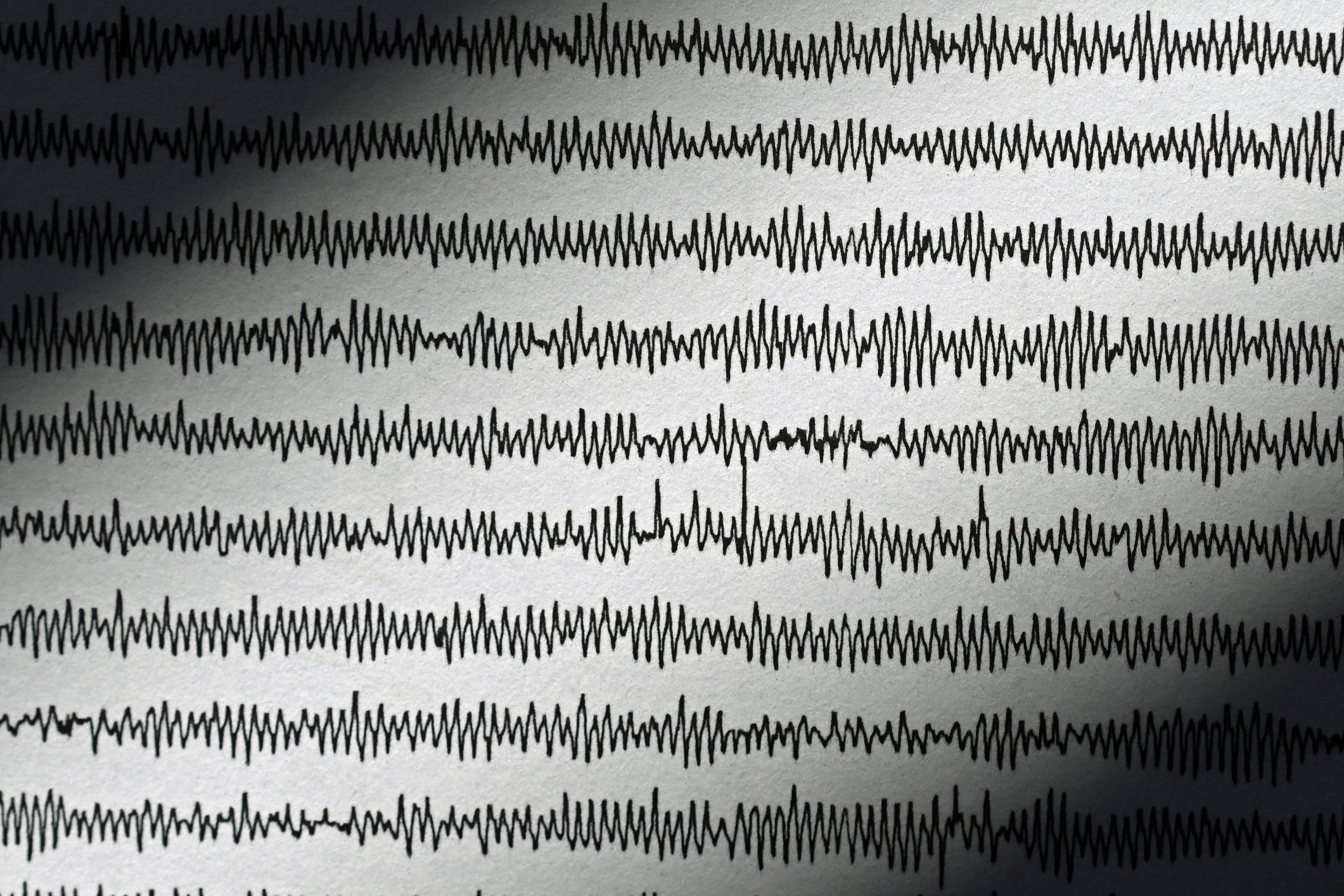Parkinson’s is one of the most common neurodegenerative diseases and continues to pose major challenges for neurology. It has long been clear that age is the decisive risk factor – but the mechanisms of how biological ageing and neuronal degeneration interact have so far been incompletely understood. In recent years, a cellular process has increasingly become the focus of research: senescence. It describes a state of irreversible cell cycle arrest, accompanied by profound metabolic changes and a pro-inflammatory secretion profile.
Autoren
- Tanja Schliebe
Publikation
- InFo NEUROLOGIE & PSYCHIATRIE
Related Topics
You May Also Like
- DOAK optimization, ABC pathway and lessons learned from the FXI/XIa pipeline
Stroke prevention for atrial fibrillation 2025
- From symptom to diagnosis
Abdominal pain – Hernias
- "Survey of Health, Ageing and Retirement in Europe" (SHARE)
Analysis of polypharmacy in ≥65-year-olds
- New perspectives for clinics and research
Ageing, cellular senescence and Parkinson’s disease
- From early intervention to individualization
The new guidelines at a glance
- Artificial intelligence
Dr. ChatGPT: Large language models in everyday clinical practice
- Focus on prevention
Colorectal cancer screening – an update
- COPD therapy









